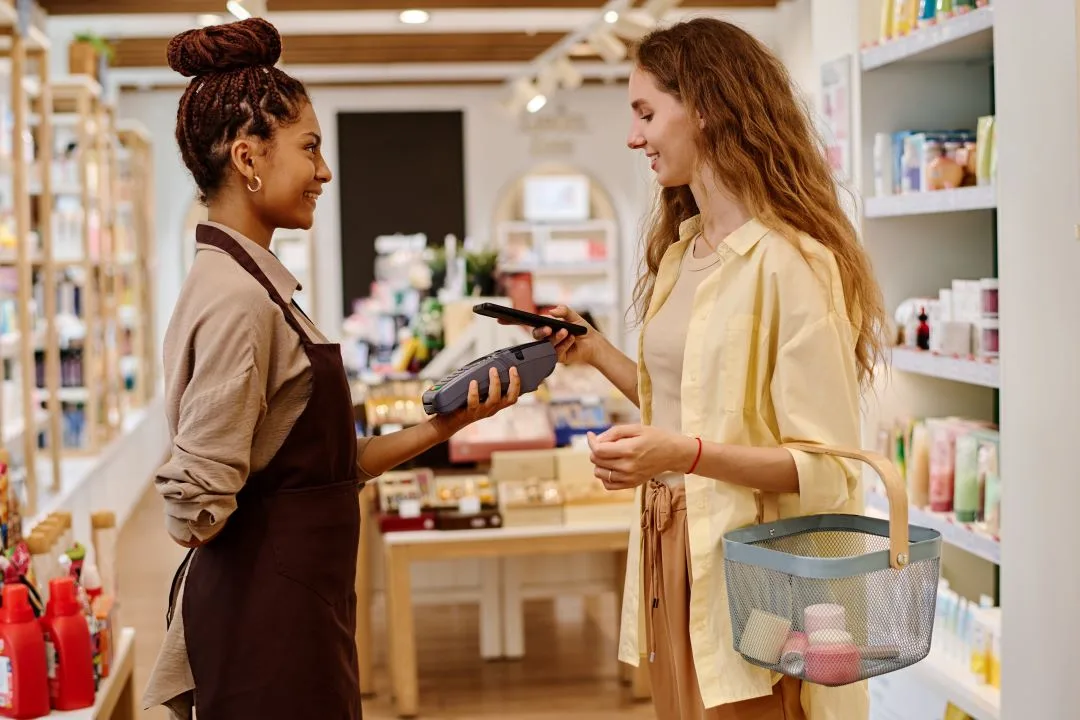2019 will see the launch of 5G in several cities across the UK. The fifth generation of mobile networks will be an evolution of 4G, the most powerful network currently in use. 5G will transform the way that people connect with products and services online, as businesses use the leap forward in technology to improve their marketing and support functions, as well as creating new sales opportunities.
What are the key differences between 5G and its predecessors?
Speed
Everybody assumes that 5G will be simply ‘a bit faster’ than 4G. In terms of exactly how much faster it’s going to be, 5G will be operating at speeds ten times quicker than 4G, reaching speeds in excess of 1Gb/s. Experts generally agree that 5G will eventually reach speeds of 10Gb/s, which is 100 times faster than a standard 4G connection. In layman’s terms, if 3G allows you to download a full HD film in over a day, and 4G in 7-10 minutes, 5G will allow you to download that same film in 4-40 seconds.
Latency
Arguably the most noticeable benefit of 5G will be the reduction in latency – the delay between a command being issued by the user and a response being received. With 3G this latency is around 65 milliseconds, meanwhile with 4G this is reduced to 40 milliseconds. 5G will be operating with a latency of just 1 millisecond for mission-critical and Internet of Things devices, and 4 milliseconds for mobile broadband services.
Capacity
5G will provide much more network capacity by expanding into new spectrum – most notably millimetre wave – allowing higher frequencies to be accessed. When 4G is used, the quality of the user experience is largely dependent on the number of other mobile devices connected in your immediate vicinity. So when you’re in a football stadium, with thousands of other people trying to connect to the internet, you aren’t able to get much done thanks to 4G’s limited capacity. 5G will have far greater headroom, and will be able to scale its coverage to users’ needs, making the network up to a hundred times more efficient.

Limitless opportunities for customer immersion
Adobe Digital has claimed that 5G will boost global mobile e-commerce revenue by $12 billion by 2021. 5G will not only be used to make online shopping faster and more convenient by facilitating instant purchases on-the-go, but it will also be used by businesses to provide a more immersive experience for the customer.
Virtual reality
Virtual reality (VR), is the practice of fully immersing oneself in a three-dimensional computer-simulated world, usually via a headset. The staggering amount of data required by this technology to provide this immersive experience means that a connection which lags and is unreliable will ruin the effect of VR, and the customer experience is lost.
The electrifying connection speed which 5G will bring to this technology will allow more data to be delivered, instantaneously. VR will therefore be much more responsive, and will be an experience which is much closer to ‘real life’.
One of the major reasons that customers may prefer to shop in-store rather than online is because they want to fully visualise the product. A fully immersive virtual reality experience allows this. Not only important for physical goods, this technology will massively boost sales of experience–driven sales such as hotel rooms and theatre seats, as the customer can have a taster of what’s to come. The power of 5G will build a bridge between the consumer and the product being sold online, beginning the customer’s journey to the sale.
The use of virtual reality to enhance the viewer’s experience at live events, such as sporting fixtures and concerts, will add new dynamism to the impact of advertising. Product placement and branding will become much more significant tools as virtual reality becomes more commonplace thanks to 5G.
AI
Companies are increasingly using customer service tools powered by Artificial Intelligence on e-commerce platforms in the form of chatbots and virtual personal assistants. These simulate the experience of being in a real shop with a real shop assistant to help you with your purchase.
Speed is absolutely paramount to successful customer experience, and the enhanced speed of 5G, combined with a reduction in latency, will make these customer service tools essential to online businesses. By providing essential information and advice at lighting speed, retailers will be able to reduce customer drop-off and cart abandonment, as the right personalised information is instantly available for customers. By 2020, it’s estimated that 80% of all online customer interactions will be handled by AI thanks to the evolution of mobile networks to 5G.

Multi-device shopping
The speed and simplicity that 5G will bring to the e-commerce experience, partnered with the proliferation of smart and internet-connected devices in everyday life, will allow online purchases to be made using devices other than just mobiles and computers.
Cars that can browse the internet using 5G, watches that allow purchases to be made anytime, anywhere, and even fridges that instantly put in orders to re-stock themselves when they sense that they’re running low on certain items, are all examples of how 5G will allow e-commerce to expand into new avenues.
Flexibility is key
5G will transform the e-commerce journey from start to finish: the marketing of the product, the purchase of the product, and finally support and feedback on the product. It’s impossible to predict precisely how each industry will react to this hyper connectivity, but it’s safe to say that businesses will need to equip themselves with the right tools to adapt to the unexpected phenomena that 5G will throw up. Whether this is emerging markets, unexpected shopper behaviour, or disruptive tech, merchants need to be able to speak to their customers and take orders in diverse ways to fully realise their potential.
Trust Payments
With over 20 years’ payments experience, Trust Payments have been part of the entire evolution of e-commerce so far. The development of mobile connectivity into 5G is another stage that will improve the way that our merchants connect with their customers, and our omnichannel payment solutions will facilitate this. Whether our clients want to conduct commerce on websites, in-store, via apps, over email or on the phone, we have the flexibility to help them achieve this.
To find out how Trust Payments can help your business use the dawn of 5G to drive new business opportunities, get in touch with one of our team today using our contact form.
Sources





